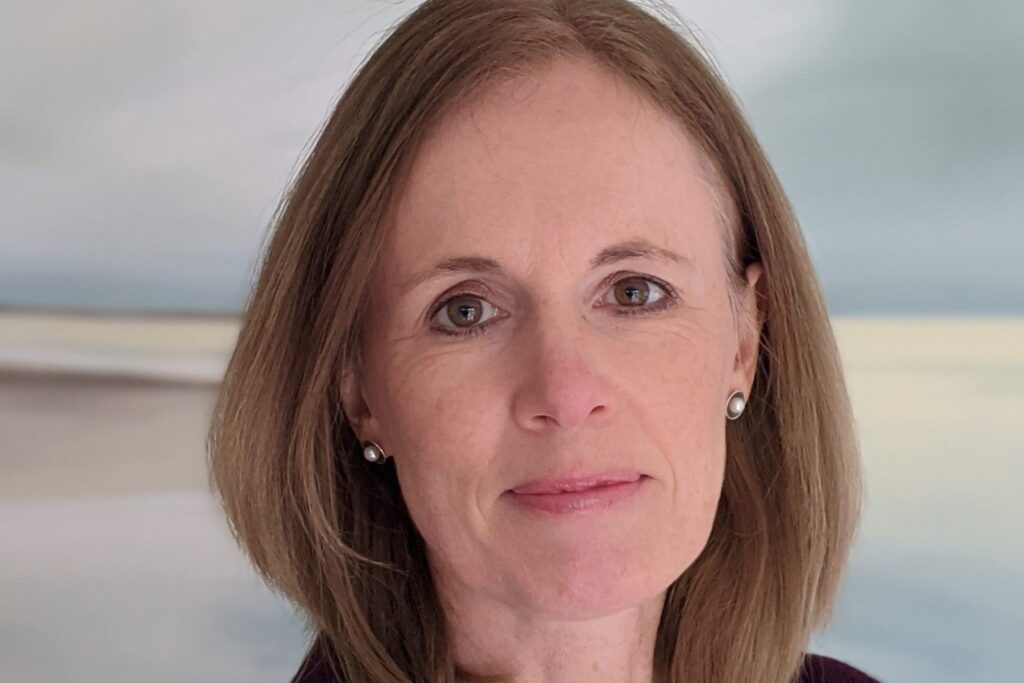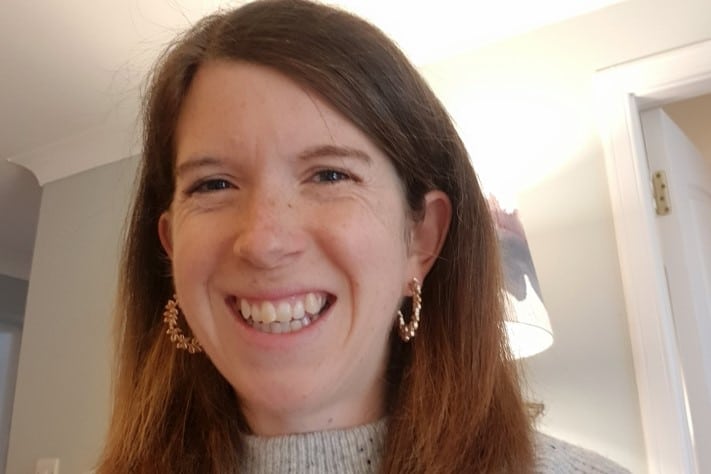2nd March 2022
During Eating Disorders Awareness Week #EDAW2022 (28 February – 6 March), we share a Voices blog by Hilda Beauchamp, Perinatal & Infant Mental Health Lead at Institute of Health Visiting, on the importance of including lived experiences as part of our perinatal mental health training programmes. We thank Abigail Reynolds for sharing her lived experience and passion about increasing awareness of eating disorders in the perinatal period.
Eating Disorders Awareness Week provides a vital opportunity each year to spotlight the myths and misunderstandings that surround anorexia, bulimia, binge eating disorder and EDNOS (Eating Disorder Not Otherwise Specified), and to increase awareness of the training opportunities on offer for healthcare professionals to supplement knowledge acquired during basic training.
The UK Eating Disorder Charity – Beat -is campaigning for UK medical schools to implement comprehensive training on eating disorders so that our future GPs will be better equipped to understand the impact these devastating mental illnesses can have on sufferers and their families and have the tools and skills necessary to offer life-changing interventions. Beat also encourages those with lived experience of eating disorders to speak up and share their stories to increase knowledge, understanding and compassion for others who may be struggling.
As part of the perinatal mental health training programmes offered by the iHV, we have been privileged to welcome Abigail Reynolds to share her lived experience account of severe anorexia nervosa, diagnosed when she was seven-months pregnant with her second child. Abi has written a Voices piece which you can read here, recognising the significant role the relationship with her health visitor played in her journey towards recovery.
Philippa Bishop, Head of Training at iHV says:
“Lived experience accounts that are shared during training are often cited by participants as being one of the most valuable and impactful elements of the programmes, providing depth and insight into what has been helpful or not to families experiencing perinatal mental health issues.”
This was highlighted in reflections on Abi’s story by a recent cohort of Perinatal and Infant Mental Health Champions from Scotland:
“This was really powerful, and I think did a great job of demonstrating how [perinatal eating disorders] can be overlooked and missed by professionals. Abigail was brave and spoke so openly but in a way that I feel inspired people, which is absolutely what this piece of the training should do.”
“This was very impactful, looking at it from the speaker’s experience makes me want to ensure that my clients feel supported and can have a voice in a safe space when they are listened to.”
Abi suggests ways in which healthcare professionals caring for families in the perinatal period can explore issues around eating and exercise in a sensitive and helpful manner such as:
- ‘What sort of thoughts and feelings come up for you when you eat?’
- ‘How able do you feel to eat regularly and enjoy a wide variety of food?’
- ‘How do you feel about gaining weight in pregnancy?’
- ‘How able do you feel to rest when you are tired or the opportunity arises?’
These have been well-received by healthcare professionals who have identified ways they can adapt their assessments and support to facilitate trust and honesty, and more promptly, identify any concerns.
“Thank you, Abigail…your story and words will stay with me when I speak to others and ask those questions.”
“It’s made me more aware of how I approach things. I feel more knowledgeable and confident to ask the questions that will initiate these conversations.”
Abi is passionate about increasing awareness of eating disorders in the perinatal period, saying of her contribution to the iHV training:
“It feels really meaningful for me to be sharing my story and insights with healthcare professionals supporting women and their families during the perinatal period. There is still a great deal of stigma and misconception around eating disorders, and I experienced this first-hand throughout my pregnancy and beyond. A lack of relevant education and training around these serious mental illnesses meant that my concerns about the devastating impact my disordered relationship with food, weight and exercise was having on my life and health – both mental and physical – were dismissed by a number of different healthcare professionals including GPs, midwives, and obstetricians, which in turn allowed my illness to increase in severity as my pregnancy progressed.
“Qualitative research on the experiences of women with eating disorders during pregnancy has identified several themes relating to barriers to disclosure, including feelings of shame, and lack of opportunity – that is, limited enquiry by professionals. Equipping healthcare professionals with the skills, knowledge and understanding to help them identify eating disorders, to make sensitive, relevant, and nuanced enquiries, and to appropriately support women experiencing these illnesses throughout their perinatal journey, is vitally important to the health of both mothers and babies.”
Hilda Beauchamp, Perinatal & Infant Mental Health Lead Institute of Health Visiting







